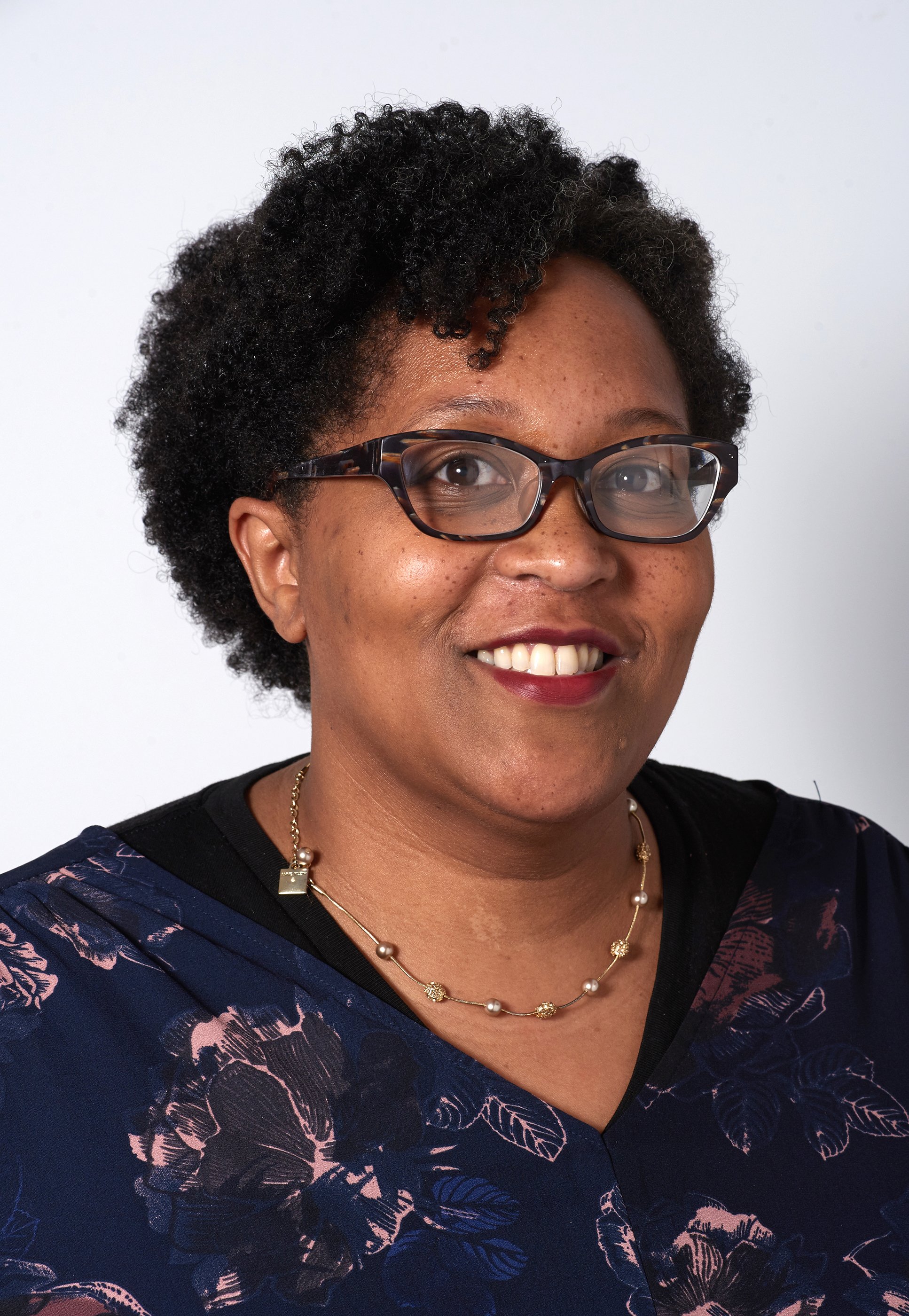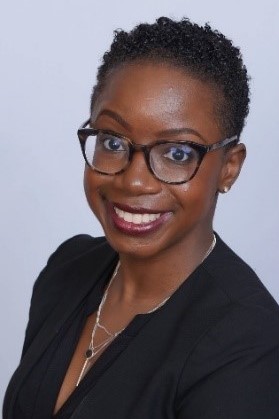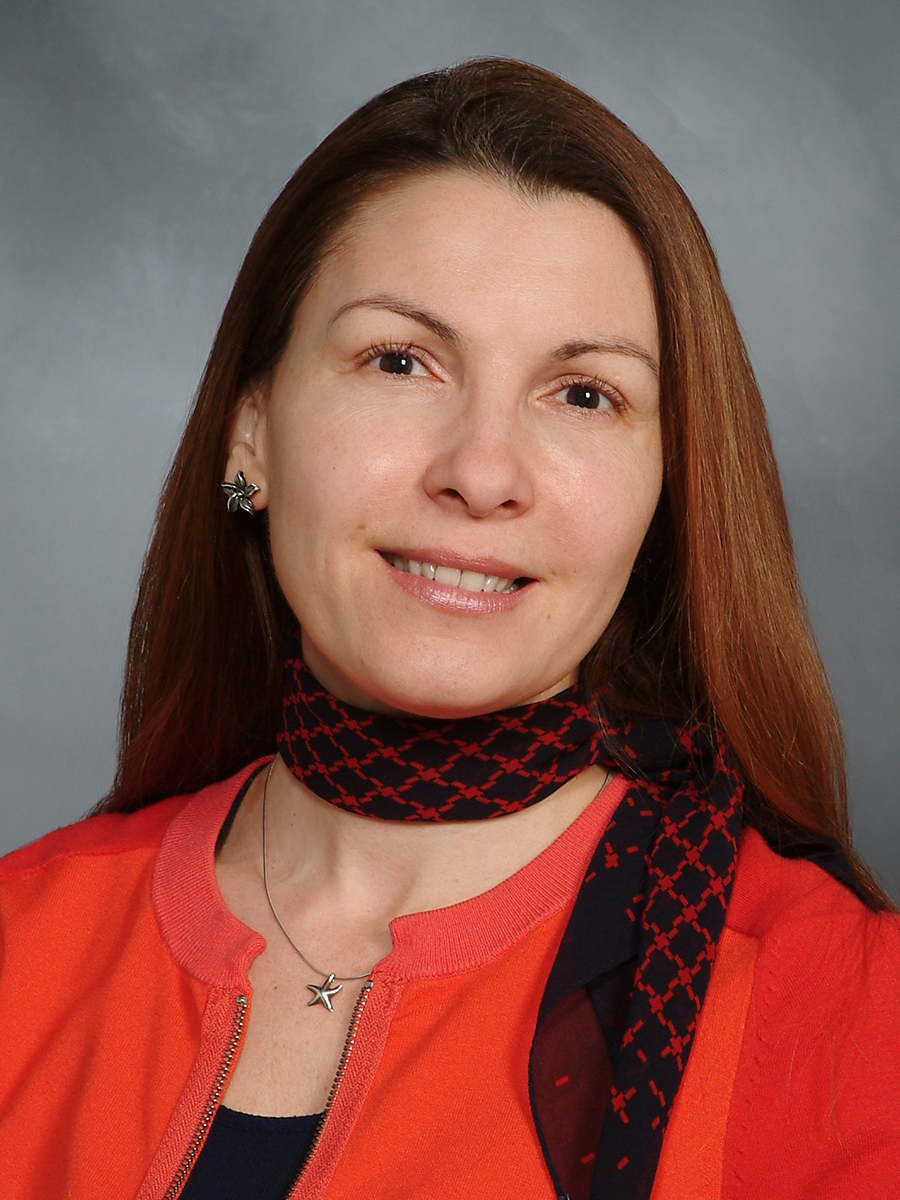


Ms. Diomaris Gonzalez, Dr. Shayla Shorter and Dr. Teodora Staeva of the Lupus Research Alliance.
Happy Lupus Awareness Month!
I had the pleasure of interviewing the Research Team at the Lupus Research Alliance (LRA), including Dr. Shayla Shorter, Ms. Diomaris Gonzalez, and Dr. Teodora (Teo) Staeva. I have had the opportunity to work with all three as one of six recipients of an LRA grant at UMass. The LRA is the world’s leading private funder of lupus research in the world. These three are great role models for women in science and advocacy, and it was wonderful to hear their insights into what the LRA is accomplishing and their visions for the future of lupus. Their main advice for those of you wanting to get involved in lupus advocacy is to spread the word and share your experiences!
- Tell me a little about yourself. How did you get involved in the Lupus Research Alliance (LRA)?
Diomaris: I’m Diomaris Gonzalez, I am grants director at the LRA; my official title is Director of Research Administration. My previous career was in public accounting, with a background in international taxes. I earned my Master’s Degree from Fordham University, and subsequently took an opportunity to get involved in non-profit management at Heifer International. During my time there, I earned a certificate in Non-Profit Management from the University of Arkansas. Though I had left NY for only two years, I decided to move back home, continuing to focus on the non-profit sector. I originally worked at the Hospital for Special Surgery (HSS), and then moved to LRA in 2005.
Shayla: My name is Shayla Shorter. I’m a native New-Yorker and I have a PhD in immunology from Emory University. I also have lupus. I became the Scientific Program Manager at the LRA in 2019 after I completed my postdoc at Emory University. I was looking for an opportunity to combine my interest in lupus, my passion for teaching and my research skills in a different way than bench research. This position offered me a nice blend of my skills and interests.
Teo: I’m an immunologist like Shayla, and I was also interested in applying my scientific skills to a disease area. I obtained my PhD in Immunology from Weill Graduate School of Medical Sciences of Cornell University. After finishing graduate school, I was interested in broadening my career beyond the bench. I started at the Juvenile Diabetes Research Foundation (currently known as JDRF), where I worked as Director of Immune Therapies. This position put me at the intersection of investigators, industry, patients and other stakeholders. It was a unique opportunity to contribute to the advancement of science in a specific disease area. Then I moved to Weill Cornell Medicine (WCM) as Assistant Dean for Research, where I managed strategic planning efforts related to research. I realized I missed the environment of a disease-focused non-profit, so I moved to the Lupus Research Alliance (LRA) two and a half years ago, where I am now head of research; my official title is Chief Scientific Officer. It’s been a tremendously gratifying experience to apply my knowledge and skills to the advancement of lupus research.
- What are your goals, personally and professionally, for LRA?
Diomaris: One thing that has always impressed me about LRA is the integrity at all levels. We make sure peer review is succinct and fair, and we select the best science that we can. We make sure all our marketing and communication is validated and accurate. My goal is to continue to support these functions of the organization. Personally, I also want to make sure we have the right technology, so we are able to continue to uphold these standards, for example through software selection and implementation.
Shayla: I have a strong interest in promoting scientific literacy among lay audiences. My personal and professional goal is to serve as a liaison between the research community and our lay community, including lupus patients. This will help both sides to understand the unique perspectives, in this case of lupus researchers and lupus patients, to further develop the field. I am also teaching online mini-classes during lupus awareness month, to help the lay community learn about lupus and what role the immune system plays in the disease, among other topics.
Teo: I really want to help establish the LRA as a leader in lupus research and translation. I believe we will need to find multiple cures for lupus, because the disease is so heterogeneous. Research will pave the way for finding the best treatments for each clinical subtype of lupus.
- What is one thing you wish everyone knew about lupus?
Diomaris: One of the things I have found is that there are many people in my life (friends, family) who have lupus, but had never spoken about it. I’ve been shocked learning how many connections I have to lupus, before I really understood what lupus was. So, one thing that I wish everyone knew about lupus is how sick people can be, without necessarily “looking sick” on the outside. We don’t always know the challenges that others face. Being sensitive to anyone who has a chronic illness is very important.
Shayla: For people living with lupus, I wish they realized that, even though lupus is a devastating illness that can disrupt their lives, they are some of the most resilient people you could ever meet. Turn lemons into lemonade!
Teo: I wish, and this is a grim perspective, that everyone knew just how serious lupus can be: lupus is the 5th leading cause of disease-related death in young African American and Hispanic women. This is severely under-appreciated and underlines how important it is to do research and translation for lupus.
- What do you think is the future of lupus?
Diomaris: I see the future of lupus as scientists, physicians, lupus patients and caregivers contributing to the eventual development of effective treatments, and hopefully cures and preventions. I see the future as very bright for those who have lupus because of what we are doing here. I’m not sure how long it will take, but we will get there.
Shayla: Along the lines of what Teo said about requiring multiple cures for multiple clinical subtypes of lupus, the future of lupus research will show that there are multiple different mechanisms that contribute to disease. I think that the developments will be the result of multiple different disciplines that come together to unravel the complexities of lupus.
Teo: I think that the future of lupus is one where we can tailor therapies to the individual lupus patient, based on the molecular mechanisms underlying their symptoms. I think in the future we will have more than the current armament of treatments to offer. Big data and machine learning will play a critical role in major discoveries in lupus.
- Any parting wisdom for people interested in lupus advocacy?
Diomaris: On a personal level, I hope patients with the disease feel empowered to raise awareness about what lupus is. On a local and national level, there are resources to get involved. We have several tools in the LRA website that can help people get started in lupus advocacy. It’s important to remember that all lupus treatments available are there because someone did research. So, we need government funding for lupus research to push new treatments forward. I think forming an alliance (like LRA and beyond) to gather funds, advocates, and resources, will be a great way to advance lupus research.
Shayla: Supporting ongoing lupus research is critical to realize better treatments for patients with this condition. Spreading the word will help. Whenever there is a call to support lupus research please consider donating, be it through financial support or participation in research.
Teo: Really just spread the word! Make people aware of how challenging a condition lupus is. Research is essential for there to be significant advances for the care of people with lupus.
You can learn more about the LRA at their website https://www.lupusresearch.org/, or follow them on Twitter @LupusResearch.
